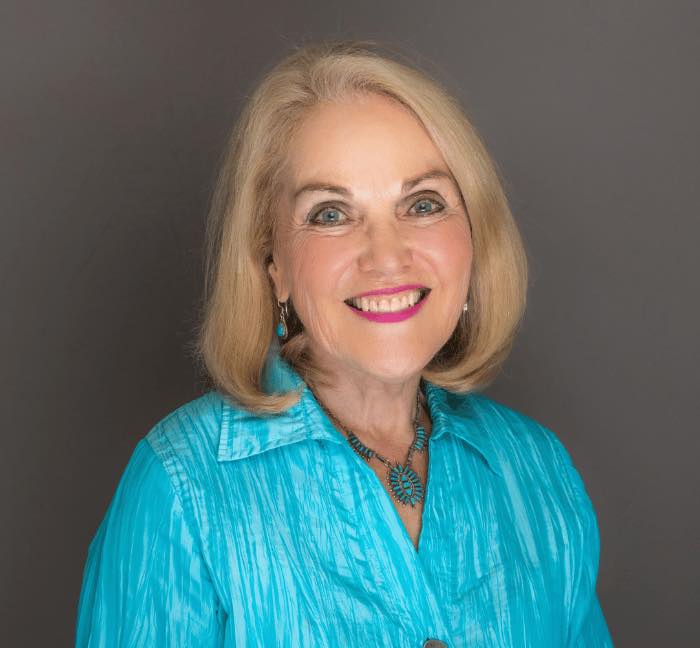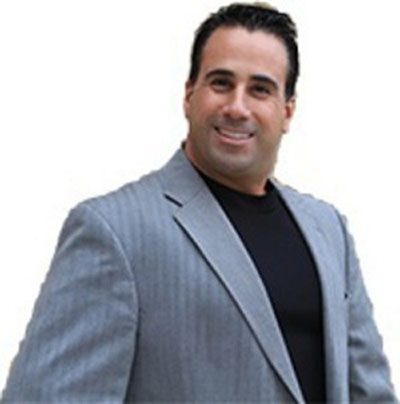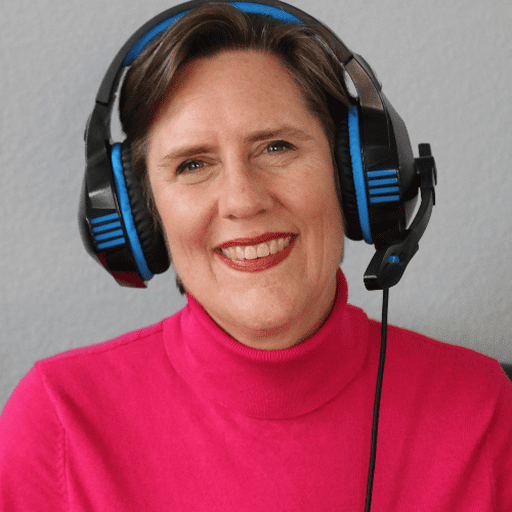Aging Parents And The Truth About Their Longevity
Most of our Aging parents are living on longer than they or we expected. It’s great that an elder is part of the family into one’s 80s, 90s and beyond, perhaps living to see grandchildren and great grandchildren. And then there’s the long goodbye and the Caregiving that almost inevitably comes with long life. Medical improvements can keep us going, overcoming some of the illnesses and conditions that used to end lives sooner. The question of quality of life remains unanswered–is it worth keeping someone going that long when the body and mind are failing and they can no longer enjoy life? Philosophically, we puzzle over the issue of whether we need to have doctors treat everything a person has, with everything they can for as long as they can, no matter whether it’s painful or intrusive, or both.
As a consultant at AgingParents.com, I hear the stories and sometimes see firsthand the anguish that accompanies the decisions adult children must make for their aging parents who can no longer speak for themselves. Muriel, for example is living with her son and his wife, both retired nurses in their 60s. She is in failing health but keeps going without any condition that points to a rapid demise. She is 97. She is mostly blind, and can’t hear much either. She is unable to walk on her own, is incontinent, and has hallucinations, often screaming at night. Neither her son nor his wife are getting any Sleep. They hired a caregiver to come in several days a week for some relief. This helped, but caregiving by themselves for all the other hours when the caregiver is not there is totally exhausting. Muriel is confused but very demanding. The family has resources to supplement Muriel’s meager Social Security income. The daughter-in-law is at her wits end and her own health is suffering.
The caregiving son and his wife made a decision: they will transfer Muriel to a board-and-care home and visit her there every day . Some guilt accompanies the decision. The hope was that they could care for Muriel themselves until the end. After all they are nurses and know what to do. But the wear and tear they feel is not getting better and has become unbearable. Having her nearby in a small care home with staff on duty 24/7 will ease the burden of the difficult management of the night shift.
If you are unfamiliar with board-and-care as an option, it is something to consider, should the need arise. My own mother, who had multiple conditions toward the end of her days, went eventually to a small board-and-care home with just 8 residents. The staff was excellent, caring, and seemed to ignore her outbursts. The same people were there from her admission to her last days and we appreciated no turnover among her attendants. These are usually modest private homes, not institutions. Rooms are often shared. They can work well for elders who do not care about fancy surroundings, or can’t afford higher end places. The cost is generally far less than it would be in a larger assisted living facility. No skilled Nursing is available, just as in any other assisted living, but help is provided with all the normal activities of daily living, such as feeding, bathing, dressing etc. There is company and attention.
For Muriel, high end amenities are not anything she could use at this point. She can’t see them anyway. She just needs basic care, consistency, attention and frequent presence of family. Fortunately, there are several choices available to her family, near their home.
If this arrangement is something your family may need at some point, you would find a listing of board-and-care homes in the parent’s area through the county social services department, a hospital social worker, or the Area Agency on Aging in your county, sometimes part of a local government Health and Human Services division. Longevity is great, but if you are a caregiver, you may need some relief if your aging parent keeps going to the point Muriel has with so many health issues. Taking care of yourself is essential.
By Carolyn Rosenblatt, RN, Attorney, AgingParents.com
The post Aging Parents And The Truth About Their Longevity appeared first on Aging Parents.























